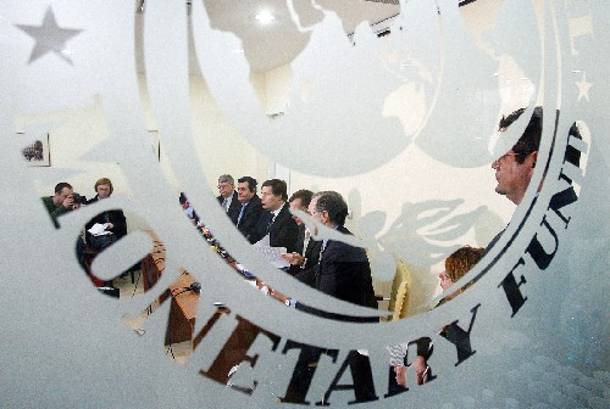The upcoming week could bring renewed acceleration of the Greek crisis. On Thursday, a payment to the IMF in the amount EUR 448mn becomes due. Recent statements from Greek politicians concerning the ability to meet this obligation were mixed, but a failure can no longer be ruled out; this would mean a new low point to the crisis.
How much liquidity reserves the Greek government still has is not publicly known, but the situation is definitely dire and this is very unlikely to change in the short term. Negotiations with creditors (the European Commission, ECZ and IMF) have progressed very slowly during the last days, if at all.
Accordingly, it can almost be ruled out that, before next week’s payment, additional funds will be released to Greece. Capital markets seem to have prepared for this outcome to some extent, but in the case that the event should occur, we expect risk aversion to increase, with the direction of the impact going according to the asset class. In such a scenario, the focus would once again turn to the ECB. Rising doubts about Greece’s future in the Eurozone would trigger a renewed wave of deposit withdrawal from Greek banks. This withdrawal of funding would have to be compensated for by additional financing from the ELA, the ECB’s emergency liquidity facility. However, it is questionable whether the ECB is prepared to increase the facilities lending limit to Greek banks, when things are getting worse instead of better. Should the ECB – in such a scenario – refuse to increase the available funds to Greek banks, capital controls, limiting among other things the withdrawal of deposits, look inevitable.









